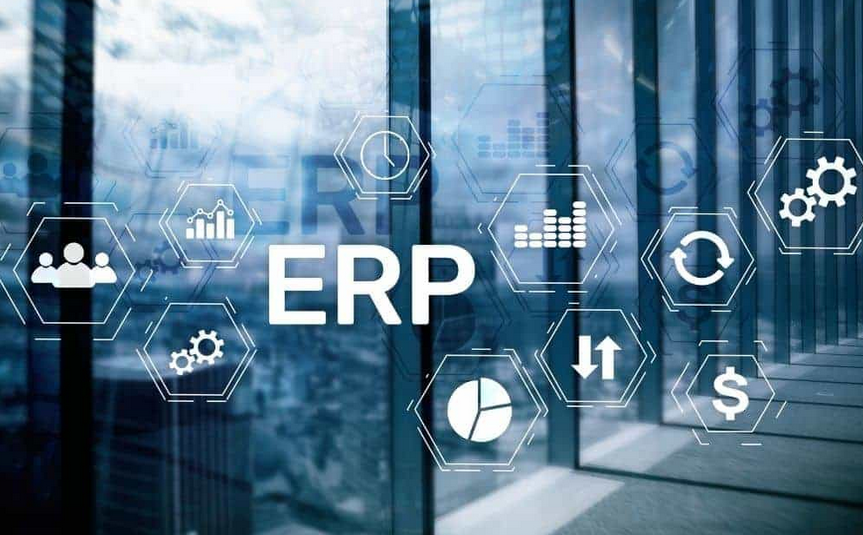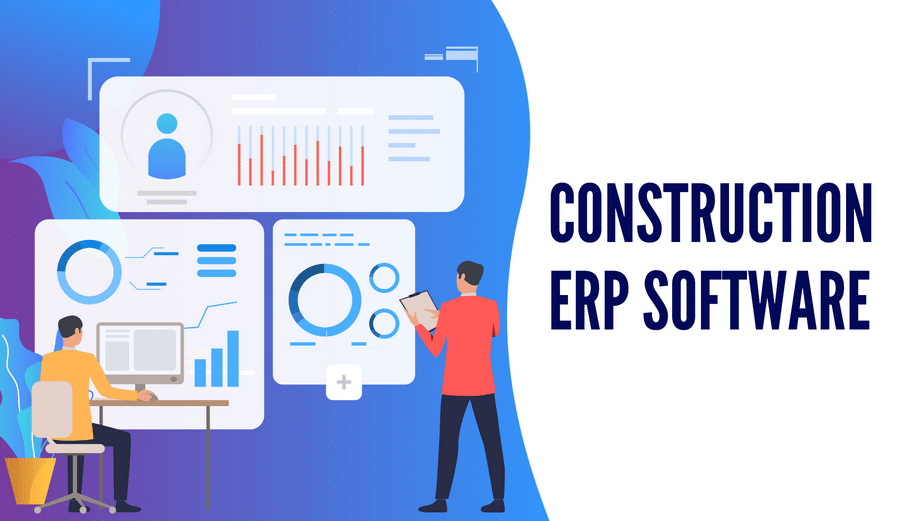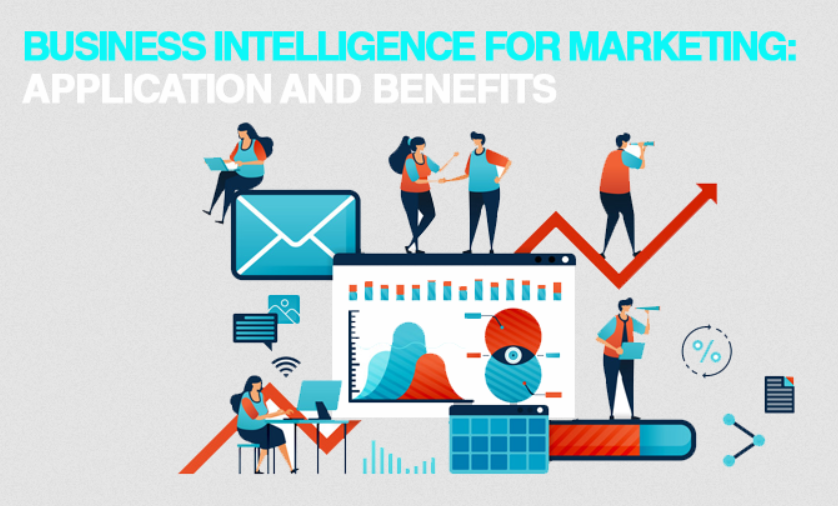ERP Program: Streamlining Business Operations – In today’s rapidly evolving business landscape, organizations face numerous challenges in managing their operations efficiently.
From handling complex processes to ensuring data accuracy, businesses require robust solutions to stay competitive. This is where Enterprise Resource Planning (ERP) programs come into play.
Introduction to ERP Program
What is an ERP Program?
An ERP program is a suite of integrated applications that help businesses manage core processes, such as finance, HR, inventory, supply chain, and more, in a centralized manner. It enables seamless flow of information across departments, providing real-time insights to decision-makers.
Importance of ERP in Modern Businesses
In the digital age, businesses operate in a highly dynamic environment where agility and efficiency are paramount. An ERP program serves as a backbone for organizations, enabling them to streamline operations, reduce redundancies, and adapt quickly to changing market conditions.
Components of an ERP Program
Core Modules
Typically, an ERP program consists of core modules like finance, human resources, procurement, manufacturing, and customer relationship management (CRM). These modules address key functional areas of a business and facilitate integrated data management.
Additional Modules
In addition to core modules, ERP programs offer various additional modules tailored to specific industries or business needs. These may include project management, e-commerce, business intelligence, and advanced analytics, among others.
Integration Capabilities
One of the key advantages of ERP programs is their ability to integrate with other enterprise systems seamlessly. Whether it’s integrating with third-party applications or legacy systems, ERP solutions ensure data consistency and interoperability across the organization.
Benefits of Implementing an ERP Program
Streamlined Processes
By centralizing data and automating workflows, ERP programs eliminate manual tasks and streamline processes. This results in improved efficiency, reduced errors, and faster decision-making.
Improved Data Accuracy
With a single source of truth, ERP programs ensure data accuracy and integrity across the organization. Real-time updates and data validation mechanisms minimize the risk of errors and discrepancies in critical business information.
Enhanced Decision-Making
ERP systems provide decision-makers with access to timely, relevant, and actionable insights. Advanced reporting and analytics capabilities enable stakeholders to make informed decisions that drive business growth and profitability.
Choosing the Right ERP Program
Assessing Business Needs
Before selecting an ERP program, businesses must assess their specific requirements and objectives. Whether it’s improving operational efficiency, enhancing customer service, or expanding into new markets, aligning ERP capabilities with business goals is crucial.
Evaluating Scalability and Flexibility
As businesses grow and evolve, their ERP requirements may change. Therefore, it’s essential to choose a scalable and flexible ERP solution that can adapt to future needs and accommodate expansion plans seamlessly.
Considering Budget and Implementation Timeline
ERP implementation involves upfront costs, including software licensing, hardware infrastructure, and implementation services. Businesses must evaluate their budget constraints and implementation timeline to ensure a successful and cost-effective deployment.
Implementing an ERP Program Successfully
Planning Phase
The planning phase involves defining project objectives, assembling a cross-functional team, and conducting a comprehensive needs assessment. Establishing key performance indicators (KPIs) and setting realistic timelines are critical for project success.
Implementation Phase
During the implementation phase, businesses configure the ERP system according to their specific requirements, migrate data from legacy systems, and conduct extensive testing to ensure system functionality and integrity.
Training and Support
User training and ongoing support are vital for maximizing the benefits of ERP implementation. Training programs should be tailored to end-users’ roles and responsibilities, while dedicated support resources should be available to address issues and queries promptly.
Common Challenges in ERP Implementation
Resistance to Change
Resistance to change is a common challenge in ERP implementation, as employees may perceive it as a threat to their job roles or workflow. Effective change management strategies, including communication, training, and stakeholder engagement, can help overcome resistance and foster buy-in from employees.
Data Migration Issues
Data migration is a complex process that involves extracting, cleansing, and transferring data from legacy systems to the new ERP platform. Inaccurate or incomplete data can lead to system errors and operational disruptions. Thorough data analysis and validation are essential to ensure a smooth migration process.
Customization Complexities
While ERP systems offer extensive customization capabilities, excessive customization can lead to implementation delays, cost overruns, and maintenance challenges. Businesses should strike a balance between customization and standardization to meet their unique requirements without compromising system stability.
Overcoming Challenges and Maximizing ROI
Change Management Strategies
Effective change management is critical for overcoming resistance to ERP implementation and driving user adoption. Engaging employees early in the process, providing clear communication and training, and soliciting feedback can help mitigate risks and ensure a smooth transition.
Collaboration Between Departments
Cross-functional collaboration is essential for the success of an ERP program. By breaking down silos and fostering collaboration between departments, businesses can leverage the full potential of their ERP system to optimize processes, enhance communication, and drive innovation.
Continuous Improvement Initiatives
ERP implementation is not a one-time event but an ongoing journey of continuous improvement. Businesses should establish mechanisms for monitoring system performance, gathering user feedback, and identifying opportunities for optimization and innovation.
Future Trends in ERP Programs
Cloud-Based ERP Solutions
Cloud-based ERP solutions are gaining traction due to their scalability, flexibility, and cost-effectiveness. By leveraging the cloud, businesses can access their ERP system from anywhere, anytime, and benefit from automatic updates and seamless integration with other cloud services.
AI and Machine Learning Integration
AI and machine learning capabilities are transforming ERP systems, enabling predictive analytics, intelligent automation, and personalized insights. By harnessing the power of AI, businesses can automate routine tasks, uncover hidden patterns in data, and make data-driven decisions with greater confidence.
Mobility and Accessibility Enhancements
Mobile ERP applications enable employees to access critical business information and perform tasks on the go, increasing productivity and responsiveness. With mobile ERP solutions, field service technicians, sales representatives, and executives can stay connected and make informed decisions from any location.
Conclusion
In conclusion, ERP programs play a pivotal role in streamlining business operations, improving efficiency, and driving growth. By leveraging integrated applications, businesses can optimize processes, enhance decision-making, and stay ahead of the competition in today’s fast-paced digital economy.
FAQs
What is the role of ERP in supply chain management?
ERP systems facilitate end-to-end visibility and control over the supply chain, enabling businesses to optimize inventory levels, reduce lead times, and enhance collaboration with suppliers and partners.
How long does it take to implement an ERP program?
The duration of ERP implementation varies depending on factors such as the size of the organization, complexity of business processes, and extent of customization required. On average, implementation can take anywhere from six months to two years.
Can small businesses benefit from ERP implementation?
Yes, small businesses can benefit significantly from ERP implementation by streamlining processes, improving data accuracy, and enhancing decision-making. Cloud-based ERP solutions and modular implementations make ERP accessible to businesses of all sizes.
What are some popular ERP vendors in the market?
Some popular ERP vendors in the market include SAP, Oracle, Microsoft Dynamics 365, NetSuite, and Infor. Each vendor offers a range of solutions tailored to different industries and business needs.
How does ERP improve collaboration among departments?
ERP systems provide a centralized platform for sharing information and collaborating across departments. By breaking down silos and promoting transparency, ERP fosters communication, alignment, and synergy across the organization.



